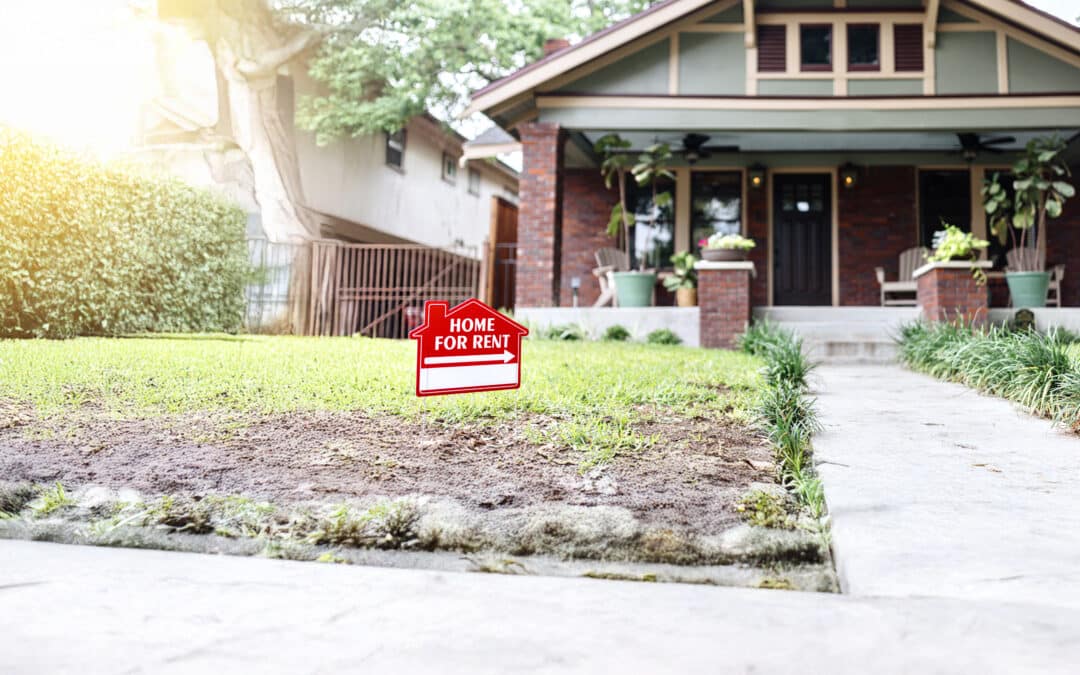Real estate investors that aren’t preparing their properties for climate change and increasingly extreme weather may face steep costs, according to a recent report from the Urban Land Institute.
In 2017, insurers around the world paid out a record-breaking $135 billion for damage to real estate caused by storms and natural disasters, according to the research organization’s report. That figure doesn’t even include actual damages to real estate — which in the United States alone was $307 billion, according to National Oceanic and Atmospheric Administration estimates.
As severe storms and natural disasters become more frequent, ULI CEO Ed Walter said that real estate values will take a hit in areas prone to risks from climate change.
“Understanding climate risk and its real estate investment implications is a complex challenge for property investors,” Walter wrote. “For the immediate future, the world is seeing an increase in the frequency and intensity of extreme weather events due to climate change. In the longer run, the consequences of climate risks such as sea-level rise and extreme heat will increasingly highlight the vulnerability of individual assets and locations—and potentially entire metropolitan areas.”
ULI said that many assets held by real estate investors are in cities vulnerable to the effects of climate change. Such events that could adversely affect property values range from more intense and frequent weather events such as wildfires, hurricanes and typhoons to more gradual changes such as sea-level rise or shifting weather patterns, ULI said.
“The impacts of the actual and perceived risks of climate change are already beginning to be reflected in residential market pricing,” ULI wrote. “Studies published in 2017 and 2018 looking at the United States, Germany, and Finland found that homes exposed to flood risk or sea-level rise have sold for less than comparable properties or have seen values increase at a reduced rate in comparison to similar properties without flood risk.”
ULI encouraged investors to be aware of where prospective devaluations could occur. For example, a 2018 ULI study found that homes vulnerable to flooding in Florida, Georgia, North Carolina, South Carolina, and Virginia lost about $7.4 billion in value between 2005 and 2017, ULI reported. New York City incurred a similar real estate devaluation in the same period because of increased flooding from sea-level rise, according to the report.
The report warns that commercial real estate in areas that are vulnerable to climate risks could face the worst outcomes. More than $130 billion of U.S. institutional real estate is in metros that rank in the top 10 percent for exposure to sea-level rise, according to recent research by Heitman and climate risk firm Four Twenty Seven.
In its series of interviews with real estate professionals to help guide its research, ULI found many investors are considering climate mitigation options such as seawalls, dikes, cooling systems and more could help improve their properties resilience. The interviewees also commonly recommended investors maintain adequate insurance, ULI said.
“Insurance will not cover loss in asset value, but it can cover damages from catastrophic events,” ULI wrote. “Many asset managers are looking to insurance partners to help anticipate rising premiums due to climate risks and availability of coverage, and to understand opportunities for mitigation.”
The Urban Land Institute is a nonprofit research and education organization based in Washington, D.C. The organization is the oldest and largest network of cross-disciplinary real estate and land use experts in the world, and aims to provide leadership in the responsible use of land and in creating and sustaining thriving communities worldwide.
























0 Comments